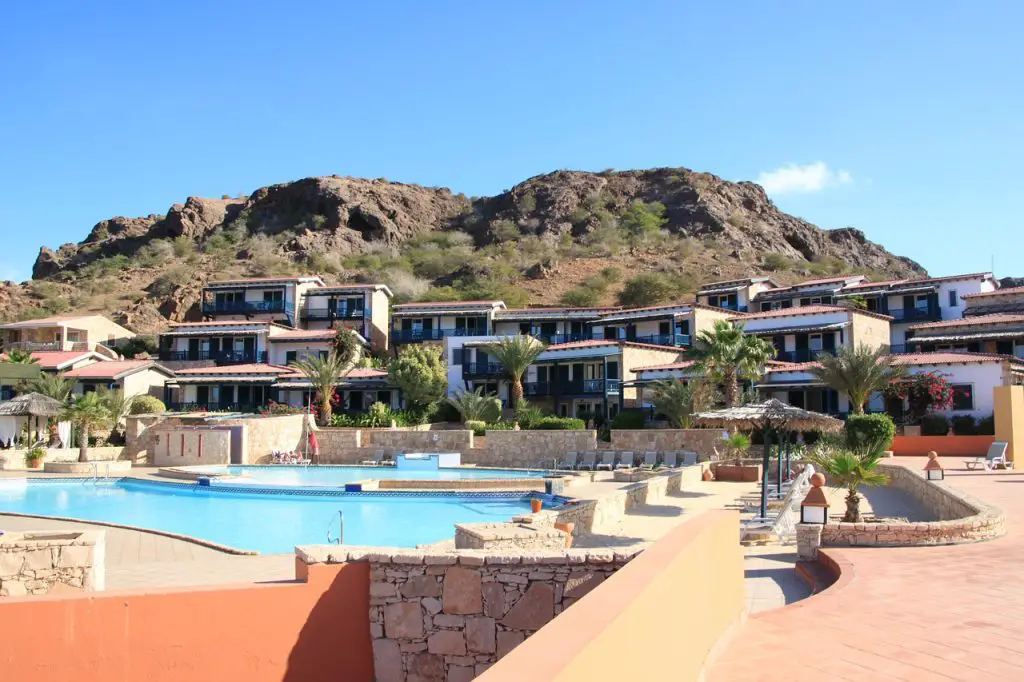Cape Verde, an archipelago of 10 volcanic islands situated in the Atlantic Ocean off the coast of West Africa, is an enticing destination for travelers seeking pristine beaches, vibrant local culture, and unique landscapes. While traveling to Cape Verde may seem costly, this guide provides practical tips and advice for exploring the islands on a budget, allowing you to make the most of your trip without breaking the bank.
Planning Your Trip
Before embarking on your budget-friendly Cape Verde adventure, it’s essential to research and plan your trip. Here are some tips for budget travel planning:
Prioritize your must-visit islands: Each island in the Cape Verde archipelago offers unique attractions and experiences. Research each island’s highlights and prioritize the ones that appeal to you the most, keeping in mind that visiting multiple islands can increase your travel costs.
Travel during the low or shoulder season: Airfare and accommodation prices are often lower during these periods, and you’ll likely encounter fewer crowds. Cape Verde’s low season generally falls between May and October, while the shoulder season occurs in November and April.
Book flights in advance: To secure the best prices on flights, start researching and booking your flights several months before your trip. Use flight comparison websites and be flexible with your travel dates to find the best deals.
Create a detailed budget: Estimate your daily expenses for accommodation, food, transportation, and activities. Be realistic about your spending habits and allocate extra funds for unexpected expenses.
Budget Accommodation
Finding affordable accommodation is key to traveling on a budget in Cape Verde. Here are some budget-friendly accommodation options to consider:
Guesthouses and budget hotels: These establishments can be more affordable than larger hotels while still providing private rooms and basic amenities. Research and compare prices for guesthouses and budget hotels in your chosen destination(s).
Self-catering apartments: Renting a self-catering apartment can be a cost-effective option, particularly if you’re traveling with a group or planning an extended stay. This type of accommodation often includes a kitchen, allowing you to save money by cooking your own meals.
Hostels: While hostels are less common in Cape Verde, you may find a few in more popular tourist destinations, such as Praia and Mindelo. Hostels typically offer dormitory-style accommodations or private rooms at affordable rates and often include communal spaces for cooking and socializing.
Home-sharing platforms: Websites like Airbnb and Booking.com offer a range of budget-friendly accommodation options, from private rooms in local homes to entire apartments.
Affordable Transportation
Transportation can be a significant expense when traveling in Cape Verde, but there are ways to minimize your costs. Here are some tips for budget-friendly transportation:
Use public transportation: Public buses, known as “aluguers,” are the most affordable way to travel within and between cities on each island. These shared minibusses or pickup trucks operate on a semi-fixed schedule and are a popular mode of transportation among locals.
Ferries and domestic flights: To travel between islands, consider using ferries or domestic flights. While ferries are generally cheaper, they can be slow and unreliable due to rough sea conditions. Domestic flights offer a faster and more reliable option but can be more expensive. Book ferry tickets or flights in advance to secure the best prices.
Car rental: Renting a car can be a convenient and cost-effective way to explore the islands, particularly if you’re traveling with a group. Compare rental prices from different agencies and book in advance to secure the best rates. Keep in mind that driving conditions can be challenging on some islands, so ensure you’re comfortable with local road conditions and regulations.
Eating on a Budget
Food can be a significant expense while traveling, but there are ways to eat well
without overspending in Cape Verde. Here are some tips for enjoying local cuisine on a budget:
Street food and local markets: These are often the most affordable and authentic places to sample Cape Verdean dishes. Try popular street foods like cachupa (a hearty stew) or pastels (fried pastries filled with fish or meat). Be adventurous and try new foods, but always prioritize food safety and hygiene.
Eat where the locals eat: Local restaurants and eateries, known as “quentinhas” or “tascas,” typically offer reasonably priced, home-cooked meals. Ask locals for recommendations or look for places with a steady stream of local customers.
Cook your own meals: If you’re staying in accommodation with a kitchen, take advantage of the opportunity to cook your own meals using fresh, local ingredients. This can save you money and allow you to experiment with Cape Verdean flavors. Visit local markets for fresh produce, fish, and other staples.
Share meals: Many Cape Verdean dishes are served in generous portions, making them ideal for sharing with travel companions. This can help you save money and sample a variety of dishes.
Budget-Friendly Activities and Sightseeing
There are plenty of affordable activities and attractions to enjoy while traveling in Cape Verde. Here are some tips for making the most of your budget:
Free and low-cost attractions: Many of Cape Verde’s natural attractions, such as beaches, hiking trails, and scenic viewpoints, can be enjoyed for free or at a low cost. Research and prioritize these budget-friendly experiences during your trip.
Guided tours: While guided tours can sometimes be more expensive, they can also offer a great value by providing expert knowledge, transportation, and access to attractions. Look for group tours and consider negotiating prices with tour operators to get the best deal.
Cultural experiences: Immerse yourself in Cape Verdean culture by attending traditional events, ceremonies, or performances. These experiences can often be enjoyed for little or no cost and provide a deeper understanding of the destination and its people.
Money-Saving Tips
Here are some additional money-saving tips to help you stretch your budget while traveling in Cape Verde:
Use local currency: The official currency of Cape Verde is the Cape Verdean escudo (CVE). Using local currency instead of foreign currencies like euros or US dollars can help you avoid unfavorable exchange rates and fees.
Bargain and negotiate: Haggling is common in Cape Verdean markets, and negotiating prices for accommodations, tours, and other services can help you save money. Be respectful and friendly when bargaining, and remember that a small discount can make a difference in your overall budget.
Avoid tourist traps: Stick to local eateries and shops rather than those geared toward tourists to avoid inflated prices. Additionally, be cautious of unsolicited offers from locals for tours, accommodations, or other services, as they may not always be the best value.
Conclusion
Traveling to Cape Verde on a budget is possible with careful planning, research, and a willingness to embrace local experiences. By prioritizing affordable accommodations, transportation, and activities, you can explore the archipelago’s beautiful islands, vibrant culture, and unique landscapes without breaking the bank. Be prepared to be resourceful, adaptable, and open to new experiences as you embark on your budget-friendly Cape Verde adventure.














